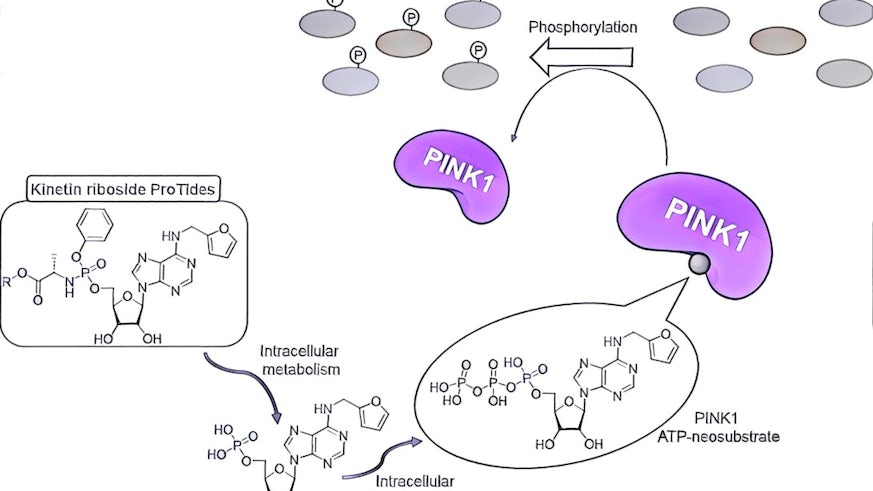Early stage research explores potential for new Parkinson’s treatment
22 Mawrth 2017

Recent research, carried out by Cardiff University in collaboration with the Universities of Dundee and Birmingham, has led to the discovery of a molecule which could help to slow down and potentially treat Parkinson’s disease.
Parkinson's disease is a long-term degenerative disorder of the central nervous system that, acording to the charity, Parkinson’s UK, affects one person in every 500. That means an estimated 127,000 people are currently living with Parkinson’s disease in the UK alone.
One of the various causes of this illness is the malfunction of a protein called PINK1. This latest research focused on how a new class of molecules, already proven to be effective in treating cancer and viral infections, can activate the protein to slow down neurodegeneration and treat Parkinson's disease.
In the process, a new molecule was found, called nucleoside, which targets the PINK1 protein and therefore has the potential to treat Parkinson’s disease.
Further work is being carried out in the laboratory to increase the potency of this molecule and explore how it can best be used to develop effective treatments for Parkinson’s disease.
The paper was published in the Journal of Medicinal Chemistry and can be accessed here.
Link: http://pubs.acs.org/doi/abs/10.1021/acs.jmedchem.6b01897